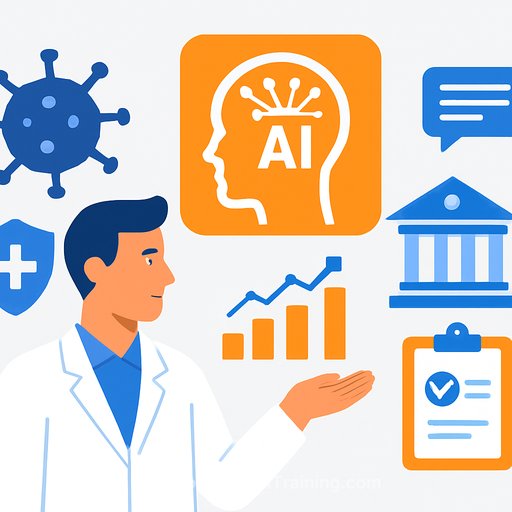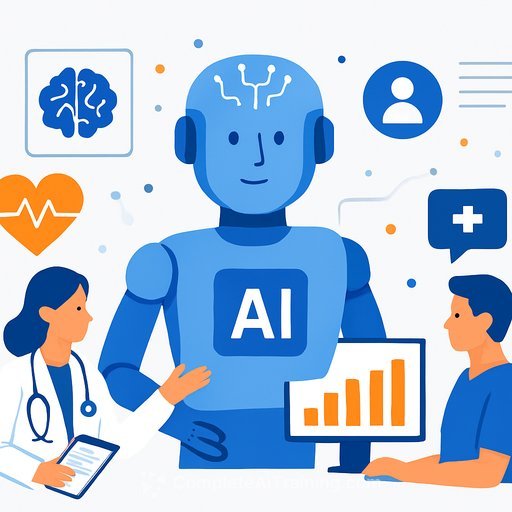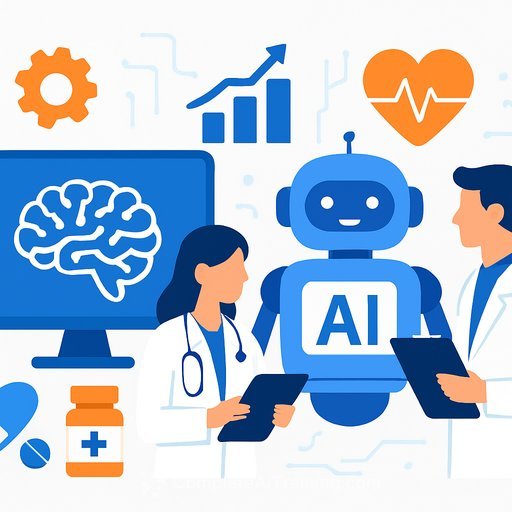Framework for Patient Communication About AI in Health Care
Health care providers are increasingly using artificial intelligence (AI) tools to support testing and treatment decisions. However, many patients find the idea of AI involvement in their care unsettling. To address this, a clear framework has been developed to guide health care leaders and clinicians on what information about AI should be shared with patients.
Why Patient Communication About AI Matters
Traditional informed consent involves sharing information that a reasonable patient would want to know before accepting care. Yet, many decision support tools — such as automated ECG readers or risk classifiers — are not typically discussed with patients, even though they influence treatment choices.
This raises the question: should AI tools be treated differently? Evidence shows that many patients feel uneasy about AI guiding their care. Recent surveys reveal:
- 60% of U.S. adults feel uncomfortable with physicians relying on AI
- 70% to 80% have low expectations that AI will improve key aspects of their care
- Only about one-third trust health care systems to use AI responsibly
- 63% strongly want to be informed when AI is used in their care
A Practical Framework for Disclosure
To help providers respond to patient concerns, this framework focuses on AI tools used with human oversight, since fully autonomous AI in health care remains rare. The approach guides clinicians on what to disclose, balancing transparency with practicality.
Key points include:
- Inform patients about AI tools that significantly influence diagnosis or treatment decisions.
- Clarify the role of the clinician in overseeing AI recommendations and making final decisions.
- Address patient concerns directly, acknowledging the limits and benefits of AI support.
- Ensure communication is clear and tailored to patient preferences and understanding.
This framework supports building patient trust by respecting their right to know and involving them meaningfully in their care decisions.
Further Learning
Health care professionals interested in expanding their knowledge on AI applications and ethical communication can explore courses on Complete AI Training. These resources offer practical guidance on AI tools and patient engagement strategies.
Your membership also unlocks:






